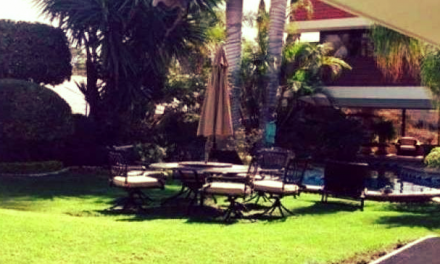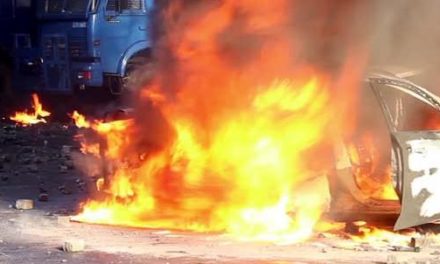Spending a week in traction is hard enough under the best of circumstances, let alone in the muggy recesses of a South American jungle, pursued by a nation-wide drug cartel, the military, and in theory even our “friends” in the rebellion who dragged us into this mess in the first place. We were moved from camp to camp frequently, and amid the local chatter I picked up word that the cartel had stepped up its efforts; without Gaz and I around to hobble them, they’d started to come back with a vengeance.
We’d been in scrapes before, no doubt at all about that, but this was the first time serious injury didn’t take us out of the fight entirely. Bolivia was a two-agent operation, and we were the two agents assigned. Whatever the feelings of the local competing power structures, we were here until we finished the job. The doctors did what doctors do and ordered us not to take any “injury-aggravating” actions – per their instructions things like running, climbing, crawling, swimming, international espionage, extended firefights, and assassinations were all off the table. Our handlers did what handlers do and told us to ignore the doctors. If we could fight, we were due back in the field.
Don’t mistake my sardonic nature here. I am always aware of my relative value to the higher-ups, and while the mission took a high priority, Gaz and I weren’t completely expendable resources – casualties happen in our line of work, but we don’t tend to be the kind of team that gets sacrificed carelessly. Well, at least we hadn’t been thus far.
Gaz didn’t like being in-country any more than I did, both of us well-aware of just how completely we had overstayed our welcome. I didn’t question her when she joined me, obviously still in pain, for a light morning jog. Her being out and about meant that she felt she was good enough to a) get the job done and b) watch my back doing so. It wouldn’t be my place to question her fitness any more than it would be hers to question mine – we’d been through enough together that we knew what it took to see a job through, and whether or not we were up to the task.
The bosses asked us what kind of equipment we’d need to finish the job of bringing the cartel’s leader down. In no uncertain terms we laid out that we’d need an American-built helicopter – no more of the fourth-hand, recycled, shoddy, rebel-provided craft we’d been using so far – and our own weapons. Gaz had been grumbling under her breath about the quality of local equipment since we set foot in Sucre more than a month ago, and we needed the best gear around if we were going to attempt the impossible. A fresh compliment of explosives and other “distraction devices” were on the menu too.
Our handlers were not pleased, but after reaffirming that we understood this was a “capture, not kill” mission, and that we were serious about seeing the job done, they agreed to get us the gear we required.
Hopefully just one more week and we would be on a plane back to friendly soil and well-deserved showers.














